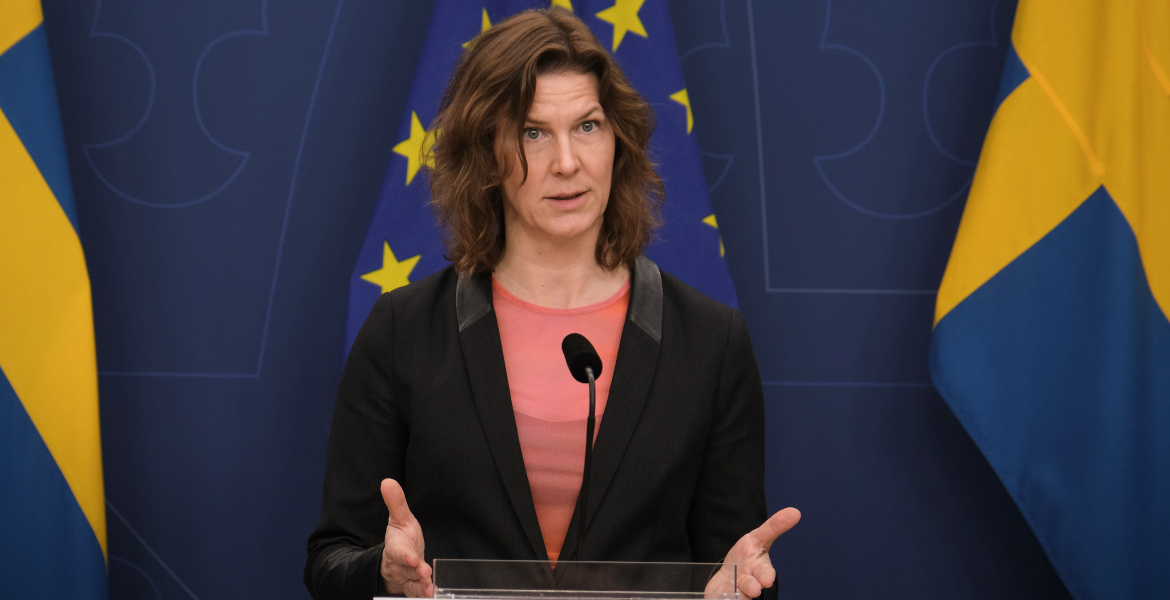Fewer young people believe that democracy is the best way to govern a society, according to a new report from Ungdomsbarometern (Youth Barometer), a Swedish research organization. At the same time, trust in Sweden’s politicians is declining.
This year, 79 percent of young people see democracy as the best alternative for governance, compared to 88 percent in 2021. This development coincides with increased distrust of politicians – 45 percent of young people don’t believe they can solve the problems that exist in Sweden.
Meanwhile, six out of ten young people express increased concern that democracy in Sweden will be weakened.
— When young people look ahead, they do so in a time marked by crises and uncertainty. If you don’t believe that democracy has the power to solve major societal problems, it also becomes harder to feel that your own voice makes a difference, says Ulrik Hoffman, society and skills supply expert at Ungdomsbarometern, in a press release.
Less influence
In 2019, 52 percent of young people believed they had the opportunity to influence society, but now that figure has dropped to 23 percent. Fewer also identify with political identities, such as feminist or anti-racist. Concerns about war, crime and the economy have also increased markedly.
— More young people feel that the issues that worry them today are things they themselves have little power over, says Johanna Göransson, lifestyle and consumption expert at Ungdomsbarometern.
The study, which is conducted annually, is based on responses from 1,450 young people aged 15-24.
It should be noted that Ungdomsbarometern does not clearly define what is meant by democracy in the survey. In Sweden, the term usually refers to parliamentary democracy and the current political system with relatively free elections, separation of powers and protection of certain fundamental rights.
However, some political activists frequently argue that democracy is not just a form of government but also includes specific values within areas such as gender equality, “anti-racism” or climate policy – making democracy synonymous with a particular political agenda rather than a system of governance.






